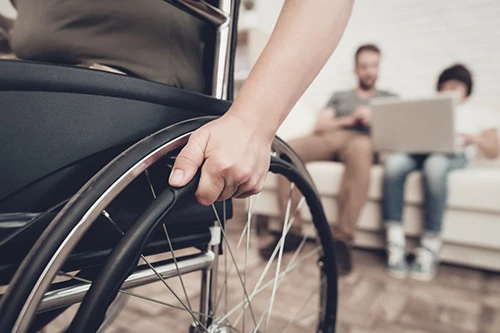Social media makes it very easy to share everyday experiences with your friends and family. However, this also means that the posts you share are accessible to a large audience via the Internet and everything you say can potentially be used against you. If you are planning on making a personal injury claim, you should be aware that what you post on sites such as Facebook, Twitter and Instagram can be used to hurt your case.
Who Checks Social Media Accounts?
It is now common knowledge that you should be careful what you post on social media because employers often use social media as a reference when they are considering you for a job. However, potential employers aren’t the only ones reading through your tweets and status updates.
Insurance companies routinely check social media sites to investigate claims. When you post anything to a site such as Facebook, you create a digital record of your daily activities. Insurers can use a simple photo to pinpoint a time, date, location and other information you provide in the content of your message.
Similarly, your social media posts can be used to discredit a personal injury claim.
Photos and text post are currently used as evidence in court to prove that an injury victim is not as injured as they claim to be. For instance, if you are claiming that a slip and fall accident caused you to injure your shoulder and the day after the accident you post a photo of yourself water skiing, this post can hurt your case.
What Types of Posts are Used in Court?
If you are pursuing a personal injury claim, there are certain posts you should avoid putting up. You should avoid posting the following updates:
- Any photos or videos of you doing a physical activity. If you are trying to be compensated for a physical injury, it is important not to post anything that makes you look like you aren’t hindered by an injury. Even something as mild as dancing or gardening can be used against you.
- You should also avoid any texts posts that say or imply that you are doing anything too physical.
- If you post anything about your accident in which you were injured, which you should not do, make sure you aren’t admitting full or partial liability. Even a post expressing doubt (“Man, that car came out of nowhere”) that you weren’t at fault can get your claim denied.
- Avoid using geotracking applications that can be used to discredit your version of events.
Even if your injuries are legitimate and you post something that makes it appear that you are not physically hurt, such a post can hurt your chances of receiving full compensation for your injuries.



